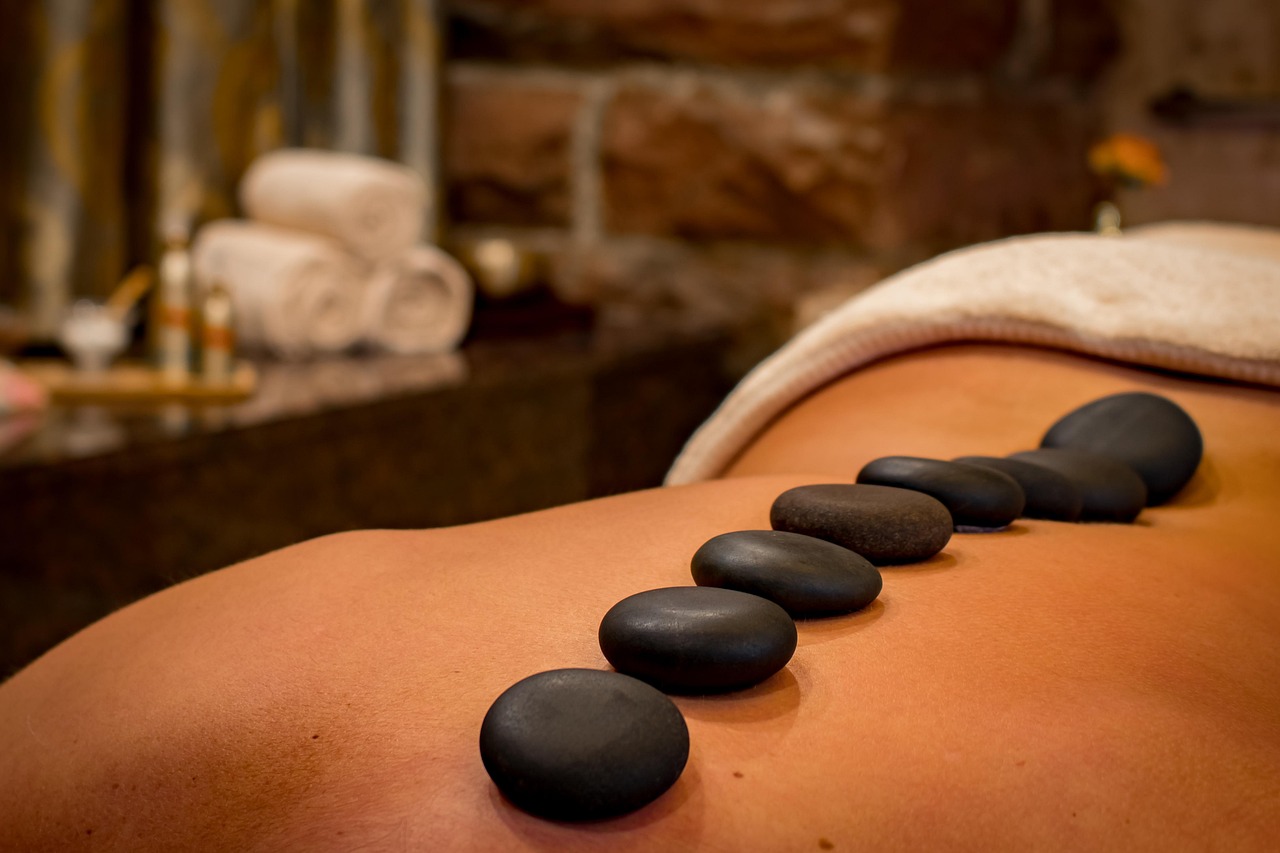Pleasure, a fundamental aspect of human experience, can be derived from a vast array of activities and practices. While the pursuit of pleasure is often seen as a personal and private endeavor, the ways in which we seek and engage in pleasure can have broader ethical implications. This exploration will dive into the ethical considerations surrounding pleasure practices, examining the responsibilities we hold towards ourselves and others as we pursue our own joy. From the impact of our choices on the environment to the social and cultural implications of our pleasure-seeking behaviors, this article aims to shed light on how we can navigate the complex terrain of ethics in our quest for pleasure. Whether you’re a consumer, a practitioner, or simply a curious mind, understanding these ethical dimensions will help ensure that your pursuit of pleasure contributes positively to both personal well-being and the broader social fabric.
Navigating the Ethics of Pleasure Practices: A Thoughtful Exploration
The pursuit of pleasure is not just about what we do, but how we do it. The ethical considerations in pleasure practices are multifaceted, involving questions of sustainability, equity, and consent. Let’s explore these key areas to understand better how ethical considerations can guide us toward more responsible and enriching pleasure practices.
Sustainability and Environmental Impact
Many forms of pleasure, especially those involving travel or luxury goods, can have significant environmental footprints. It’s crucial to consider how our pursuit of pleasure can be harmonized with the health of our planet.
- Eco-Friendly Choices: Opt for pleasure practices that minimize environmental impact. This might involve choosing destinations that promote eco-tourism, using products made from sustainable materials, or supporting businesses that prioritize green practices.
- Awareness and Action: Educate yourself about the environmental costs associated with your pleasure activities and advocate for or support practices and policies that protect the environment.
Social Equity and Fairness
The ability to pursue pleasure is often a reflection of socio-economic status. Ethical pleasure practices should consider fairness and equity, ensuring that such pursuits do not perpetuate inequality or exploitation.
- Support Fair Trade and Ethical Labor Practices: Whether it’s coffee, chocolate, or clothing, choose products that are fair trade certified or from companies that pay fair wages and ensure good working conditions for their employees.
- Inclusivity in Access to Pleasure: Advocate for and support policies and initiatives that make pleasure more accessible to people from diverse socio-economic backgrounds.
Consent and Respect in Interpersonal Pleasures
In activities involving others, whether directly or indirectly, consent and respect are paramount. This is especially pertinent in areas such as sexual health and relationships, but it also extends to social interactions and shared spaces.
- Clear Communication and Consent: Always ensure that all parties are informed and enthusiastically consenting in any pleasure practice involving more than one person.
- Respect Boundaries: Recognize and respect personal and cultural boundaries, and be mindful of not imposing your own ideas of pleasure on others.
Personal Responsibility and Self-Care
Ethical considerations also extend inward. It’s important to engage in pleasure practices that do not harm oneself and to be mindful of not overindulging to the point of self-harm.
- Balanced Pursuits: Strive for a balance in pleasure-seeking activities, ensuring they do not become harmful or addictive.
- Mindful Consumption: Be aware of how your pursuit of pleasure affects your mental and physical health, and practice moderation where necessary.
Ethics in the Pursuit of Pleasure
As we navigate the complex world of pleasure, ethical considerations offer a guide to engage responsibly and respectfully. By considering the impact of our choices on the environment, on others, and on ourselves, we can ensure that our pursuit of pleasure contributes positively to our communities and our own lives.
FAQs
How can I evaluate if a pleasure practice is ethical?
- Consider the source, the process, and the impact of the activity. Research the practices of the companies or organizations involved, and reflect on whether your participation would have any negative consequences on others or the environment.
What are some common ethical dilemmas in pleasure practices?
- Dilemmas can arise in situations where the pursuit of pleasure may lead to environmental damage, contribute to social inequalities, or involve non-consensual activities. It’s crucial to critically assess these aspects and make informed, conscientious choices.
Exploring the ethics of pleasure is not about limiting joy, but about enriching our pleasure practices in ways that are considerate and conscious. This approach not only enhances our own experiences but also contributes to a more just and sustainable world.


